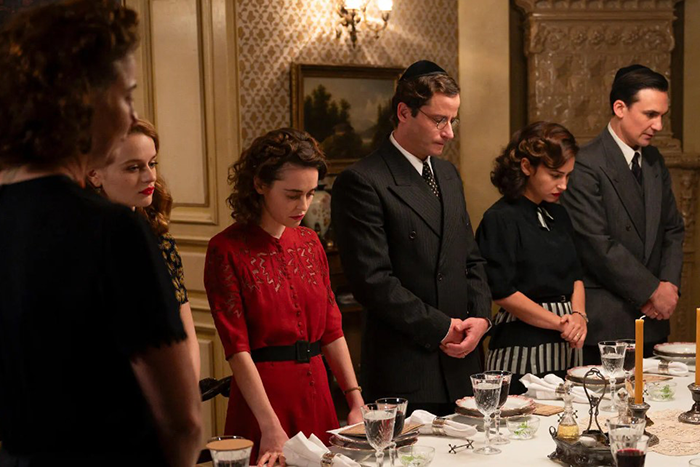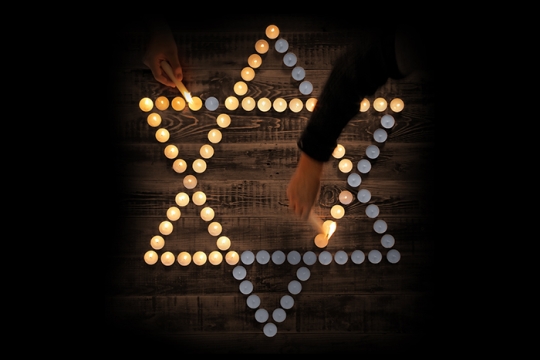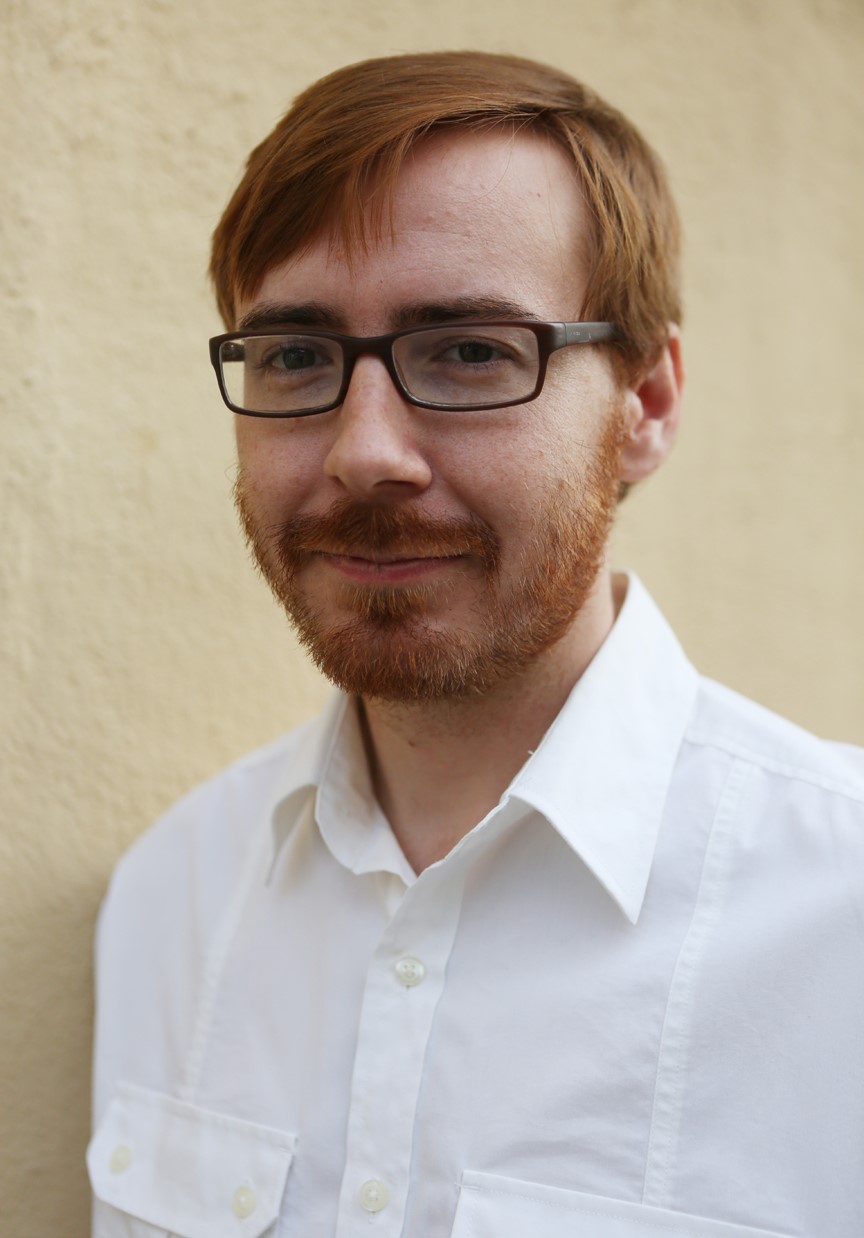
Since 1945, there have been over 440 Holocaust-related films and miniseries, and that's not counting documentaries. Holocaust films have proven to be successful with critics; Holocaust related movies earn Oscar nominations on an almost bi-yearly basis. Television studios and streaming services have taken note with shows like National Geographic's "A Small Light," based on the lives of Miep and Jan Gies, and Netflix's "Transatlantic," which chronicles the Emergency Rescue Committee's attempts to help refugees flee the Nazis.
As the genre continues to expand, we find ourselves asking whether these stories help our understanding of these horrendous events. Is it enough for them to remind us that we must never forget the horrors of the Holocaust, or should we strive for more? The old show biz adage is that every story has already been told. Does that also apply to fictionalized accounts of the Holocaust?
Perhaps we can find an answer through "We Were the Lucky Ones," a new limited series by Hulu. Warning: spoilers ahead! The plot revolves around the Kurcs, a Polish-Jewish family torn apart by World War II. On its face, this appears to be a familiar tale. That doesn't make it any less harrowing, but we've grown accustomed to seeing Jewish people in Poland fleeing the Nazis and enduring horrors no one should ever face. "We Were the Lucky Ones," however, adds warmth and grace to the Kurcs' travails, as well as doses of humor and humanity. The story itself may not be revolutionary, but the care and depth creator Erica Lipez imbues in its telling just might be.
We're introduced to Halina Kurc (Joey King) at a Red Cross station after the war. She receives news that someone, perhaps a close family member, has survived. This leaves her astonished. We travel back to Radom, Poland in 1938, where the Kurc family runs an upscale dress shop. The entire clan gathers for Passover, introducing a bevy of characters: Halina's parents, her siblings, and their significant others. Despite the crowd, the seder is not complete until the youngest brother, Addy (Logan Lerman), arrives from Paris. Addy is a musician and recently had one of his piano compositions played on the radio. He's clearly the family favorite, something oldest brother, Genek (Henry Lloyd-Hughes), doesn't shy away from pointing out.
After the seder, the Kurc siblings gather around for banter and poking fun at one another. They tease eldest sister Mila (Hadas Yaron) because she always plays Chopin. They laugh at middle-brother Jakob (Amit Rahav) for the way he and his girlfriend Bella (Eva Feiler) always sneak away to the park to "spend time" together. They curse and rib one another in ways that are familiar to anyone with siblings. It's extremely relatable, almost taking the story out of the history books and bringing it fully to life. It's easy to put yourself in their shoes.
This makes it more difficult when the family meets for Passover the next year. Things have taken a turn for the worse. With the looming threat of a German invasion, the contrast from the year before is stark. Addy is absent, finding it impossible to return home as borders close and soldiers close in. "Is it time to leave?" becomes the question on everyone's minds, but there's no clear answer. The indecision is summed up well in a scene with Genek and his girlfriend. At first, Genek declares war "impossible;" the next moment he says he's, "tired of it already and it hasn't even begun." The fog of indecision is palpable.
Not long after, the brothers leave to face the Soviet Army and the city falls into German hands. The reality of the Kurcs' situation grows more dire. Halina is forced to work for the Reich as a day laborer on a farm. When one of the other farmhands tries to steal some potatoes for her starving family, we hear her cries as she's beaten.
Other instances of antisemitism are far less violent, but still sting. The casual cold shoulder of a gentile acquaintance who won't frequent the shop anymore (but is happy to make conversation with Addy). A longtime neighbor who is too scared to do anything but shut her door. The Nazis themselves clearly take pleasure in their power. When an SS soldier points a gun at Helena's forehead, it's no small thrill for him. Later, as Helena processes what happened, we realize that even the threat of violence can result in lasting trauma.
"We Were the Lucky Ones" has eight episodes that trace the Kurc family's journey over nearly a decade. The extra time to tell such a multi-faceted story is a huge advantage. When Halina and Bella travel to Lvov to reunite with the men who have gone to war, we get to learn about both women. As Halina witnesses what Bella will endure to reach Jakob, she begins to wonder how strong her own affection is for Adam (Sam Woolf), her own boyfriend. Instead of just depicting the horrors of war, the series makes room for inter-family conflict, love, romance, and even a joke or two.
The result is a series so nuanced and deep that it's impossible not to care for each of the Kurcs. Halina may be the star, but there are no small characters here. "We Were the Lucky Ones" is an example of retelling a familiar story in such a relatable, believable way that it doesn't exemplify the genre; it transcends it.
Now streaming on Hulu.
Related Posts

Eight Unforgettable Jewish Oscar-Winning Movies

Remembrance and Beyond: International Holocaust Remembrance Day

